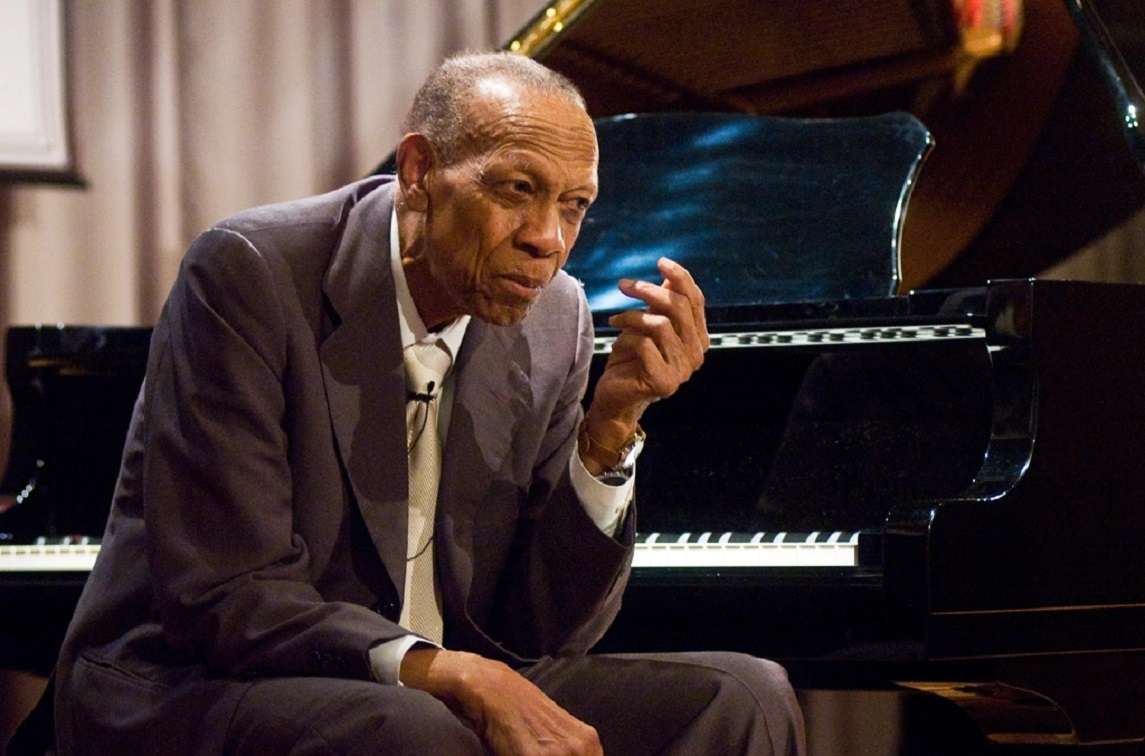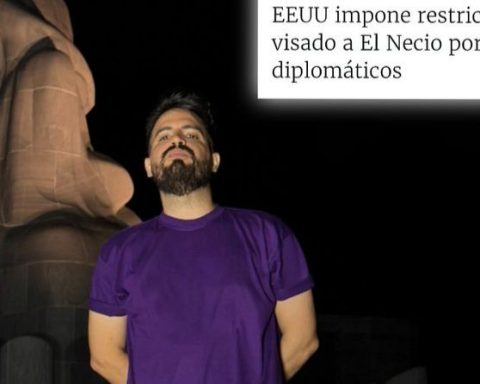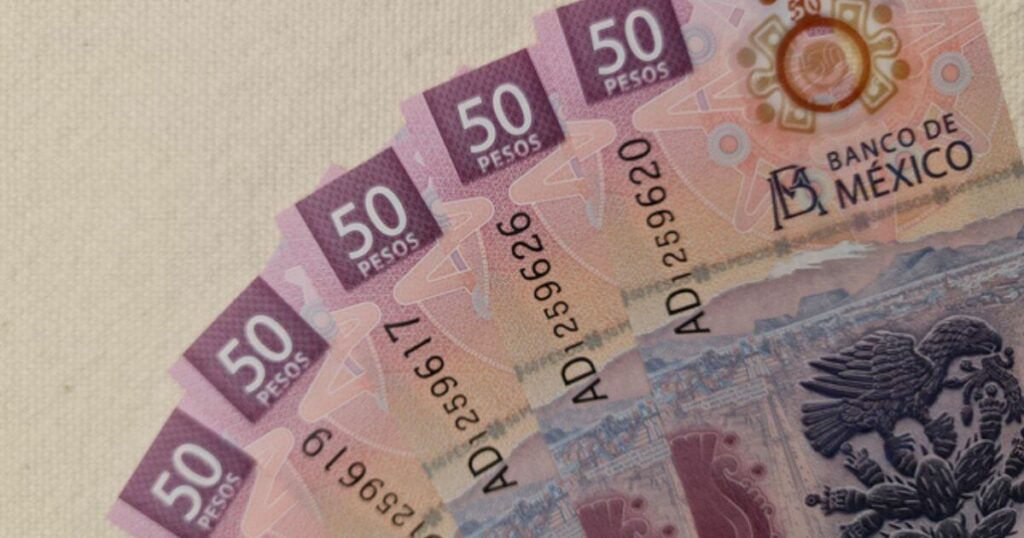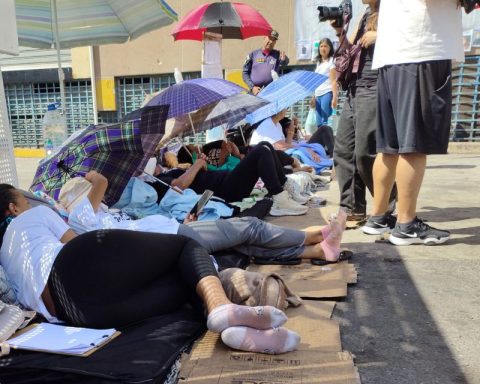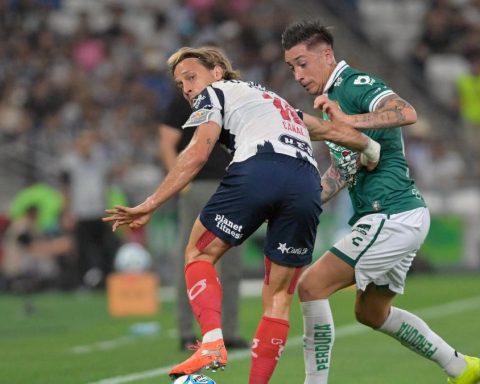Cuban pianist, composer and arranger baby valdes (1918-2013), winner of nine Grammy and Latin Grammy awards after 30 years in almost anonymity, will now return to the big screen thanks to the documentary I drinkby Ricardo Bacallao.
Bebo “had a very bad time” in exile, but never lost his “stoic” discipline and self-respect, he told EFE its maker.
The documentary, co-produced by ArtesMiami and Miami businesswoman Aida Levitan, will premiere on March 7 at the Miami International Film Festival with the presence of Bacallao, who, like the musician from Quivicán, is Afro-Cuban and exiled.
I drink It opens almost at the same time as the tenth anniversary of the pianist’s death, on March 22 of this year. It contains never-before-seen images of the pianist, an important figure for Cuban music and jazz who left his country in 1960 in opposition to Castroism and never returned.
The material, according to the report of the Spanish agency, brings together the testimony of three children and as many grandchildren of the pianist, of the friends he made in Sweden, where he lived since 1963, such as the Catholic deacon Pancho Chin A Loi, who left music by faith, and the famous saxophonist paquito d’riverawho put Valdés back on the music scene.
A Cuban in “cold lands”
Bacallao, based in “cold lands” like Bebo, since he lives in Berlin, made a first version of the documentary in 2020, to which he later incorporated new material, such as the recordings of the only television interview he was given in Sweden.
Baby(Official Trailer) desde Ricardo Bacallao on Vimeo.
It was broadcast in 2005, when Bebo had already achieved international success especially thanks to the album black tears with the flamenco singer Diego El Cigala.
The journalist Stina Dabrowski, well-known in Sweden, proposed the interview with Bebo to the channel where she worked and they told her that she was not interested, but she insisted and they told her that if she paid for the production, they would broadcast it and that’s how it was done, says the filmmaker , who accessed the recorded material that did not air.
“Bebo did everything in Sweden, from cleaning floors to playing in a piano bar,” says the filmmaker, who has proposed that the Scandinavian country finally recognize the artistic value of that tall Cuban with big hands who fell in love from the Swedish Rose Marie Pehrson, with whom he had two children, Raymond and Rickard.
A scattered and resilient community
But the great “mission” of Bacallao is, according to what he told Ana Mengotti, “to document the Cuban exile, the Cuban diaspora, that is, that community scattered around the world.”
“I’m sure there are a lot of people that nobody knows about who were tremendous at it. That person can die and no one can document it,” stresses the filmmaker, who has already finished another documentary, this one about six Cuban women who have succeeded in different artistic facets in the United States.
The first time Bacallao learned about Bebo Valdés was through the film 54th streetby the Spanish Fernando Trueba, back in the year 2000 or 2001, and the idea for the documentary arose after he was commissioned in 2019 to film a concert by Emilio Valdés in tribute to his grandfather Bebo in New Jersey.
Emilio, son of the jazz player chucho valdesone of the sons that Bebo left in Cuba when he went into exile, talks about his grandfather before Bacallao’s camera, as do the Swedish sons, one of whom is a trained pianist and the other a psychiatrist.
“Bebo Valdés’ life was something of resistance, let’s put it that way,” says the filmmaker.
When Paquito D’Rivera called him, whose father had been a close friend of his, Valdés was retired although he practiced on the piano every day and had not recorded for 34 years.
“He was ignored, quite forgotten, but he never stopped playing,” says Bacallao, who also traced the work as an arranger that Valdés did in Sweden for an orchestra that played Cuban music and had María Llerena as singer.
Fernando Trueba fulfills his “duty” to reissue Bebo Valdés: “It was purity”
“He had a self-respect, that’s the most important thing, and a stoic level of discipline. His place was given”, asserts Bacallao de Dionisio Ramón Emilio Valdés Amaro, the name with which Bebo Valdés was registered.
The filmmaker points out that Bebo was somehow a victim in Sweden of tolerance towards the “Cuban dictatorship that is felt in many countries.” “There is a double standard, an astonishing hypocrisy on the global left,” he points out.
Short film director as Cuban Mondongo and The Maji-Maji Readings and feature films like The Uncle’s RequestBacallao says that I drink it is his tribute to a “great musician” for his “dedication and integrity”, but also a metaphor for the “fragmented Cuban family scattered throughout the world”, summarizes this interview.
